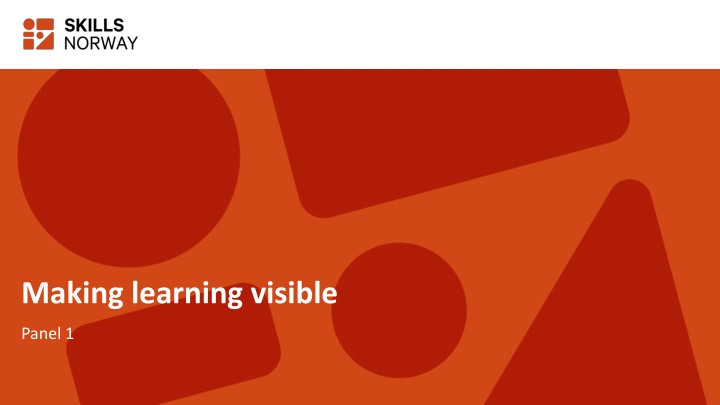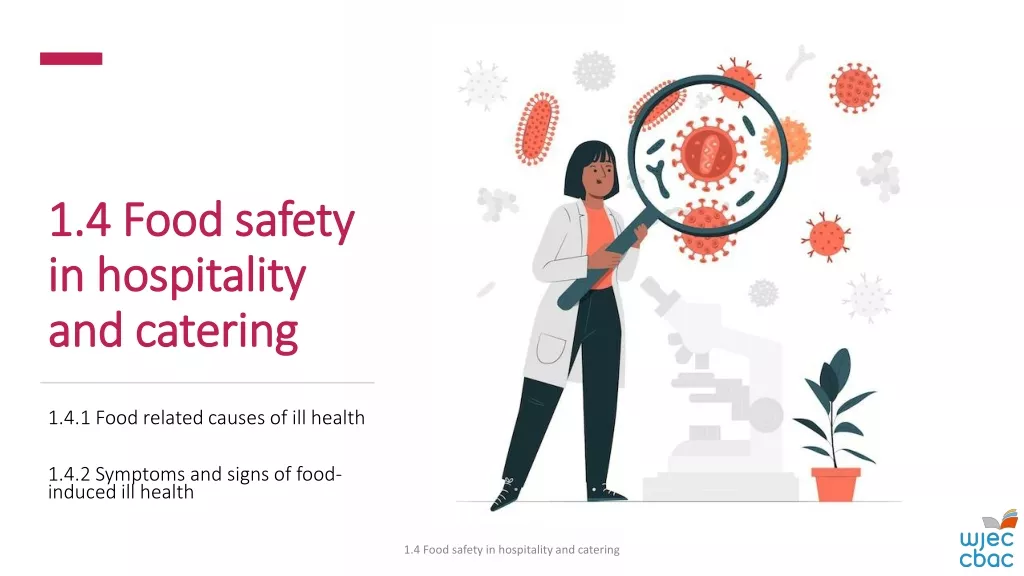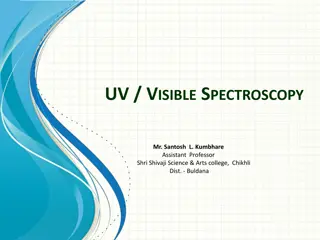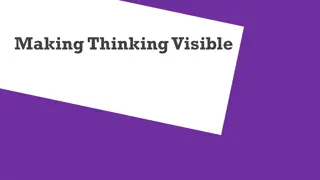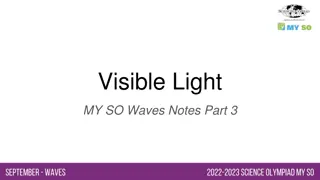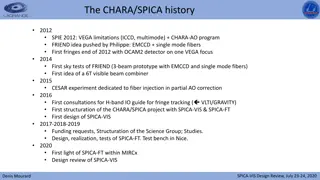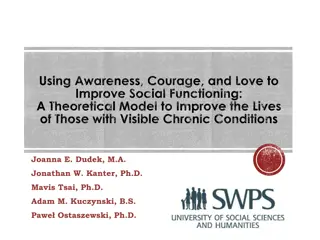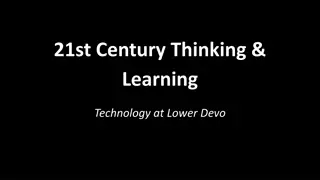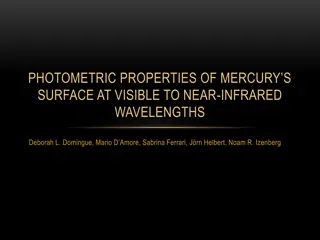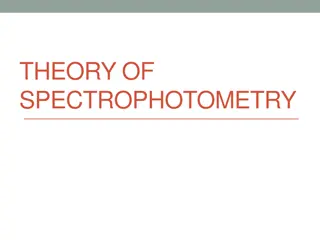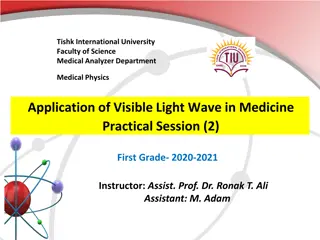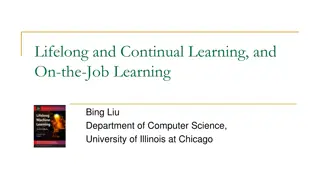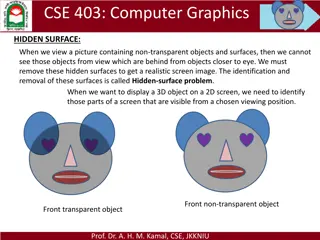Making learning visible
The content discusses the 2012 Recommendation on validation processes and system development in Europe, focusing on the four stages, ten principles, and channels of influence. It emphasizes flexible, learner-centered approaches and the involvement of stakeholders in validation arrangements. The European Inventory monitoring progress across sectors and the role of NQFs in social inclusion are highlighted. Main users identified include young people, volunteers, and disadvantaged groups.
Download Presentation

Please find below an Image/Link to download the presentation.
The content on the website is provided AS IS for your information and personal use only. It may not be sold, licensed, or shared on other websites without obtaining consent from the author.If you encounter any issues during the download, it is possible that the publisher has removed the file from their server.
You are allowed to download the files provided on this website for personal or commercial use, subject to the condition that they are used lawfully. All files are the property of their respective owners.
The content on the website is provided AS IS for your information and personal use only. It may not be sold, licensed, or shared on other websites without obtaining consent from the author.
E N D
Presentation Transcript
Making learning visible Panel 1
The 2012 Recommendation What is validation? How can systems be developed? a process of confirmation by an authorised body that an individual has acquired learning outcomes measured against a relevant standard The four stages The ten principles To get validation, and/or to obtain a full or part qualification No focus on where or how Volunteering in Europe, Vienna 05.10.2017 2
The four stages Flexible Learner-centred and learner-driven Volunteering in Europe, Vienna 05.10.2017 3
The principles Links with NQFs Provision of information, guidance and counselling Targeting disadvantaged groups Compliance with agreed standards either the same as, or equivalent to, the standards for qualifications obtained through formal education programmes Volunteering in Europe, Vienna 05.10.2017 4
Channels of influence Recommendation: All relevant stakeholders should be involved in the development and implementation of validation arangements. + Local participation! Volunteering in Europe, Vienna 05.10.2017 5
The European Inventory Monitoring progress and providing an overview of validation across Europe 2016 update Looking at three broad sectors Validation arrangements are in place in at least one sector in almost all European countries Volunteering in Europe, Vienna 05.10.2017 6
Source: The 2016 European Inventory Volunteering in Europe, Vienna 05.10.2017 7
Users and potential users (3rd sector) Main users: Young people and volunteers Recommendation: Disadvantaged groups European Inventory: Challenge for social inclusion NQF as connector Volunteering in Europe, Vienna 05.10.2017 8
Lisbon conclusions Collective efforts more coherent processes Links to NQFs More involvement; clear roles Up-to-date and flexible mechanisms Common/coherent strategies, guidelines, tools, vocabulary, methods Focus on employability Validation for LIFELONG LEARNING Volunteering in Europe, Vienna 05.10.2017 9
Contact Hanne Christensen Senior Adviser Skills Norway hanne.christensen@kompetansenorge.no Skills Norway website Volunteering in Europe, Vienna 05.10.2017 10
